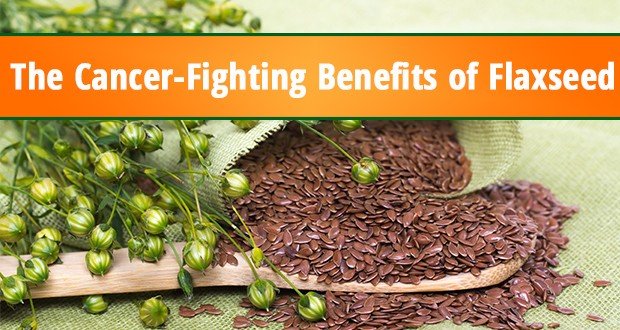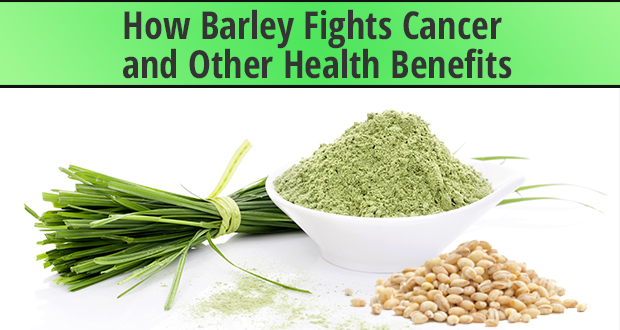By Ty Bollinger

Over the past few years
you’ve likely read or heard that flaxseeds are good for you. You may not
have a clear understanding, however, of the many health benefits of flaxseed and why they play an important role in your anti-cancer diet.
What is Flaxseed?
From the name, you can tell that it
is the seed of the flax plant. Its fibers are woven to make linen fabric
and the oil (referred to as linseed oil) is used in wood finishing.
It’s the seeds, though, that are the
stars of this pretty, ornamental plant. Flaxseed sometimes imparts a
mild, nutty essence when added to food but other ingredients easily
overshadow the taste. This allows you to add it to recipes without
really altering the flavor.
What Makes Flaxseed So Healthy?
Flaxseed has an amazing amount of nutrients and is the best source of plant-based
omega-3 fatty acids. Omega-3 fats are healthy fats shown to reduce
levels of cholesterol in your system. Other sources of omega-3s include
fatty fish and walnuts. Flaxseed also contains nine amino acids that,
when appearing together, make a complete protein like those found in
dairy and meat.
Their high fiber content
(approximately 3 grams per tablespoon), is hugely beneficial to your
overall
